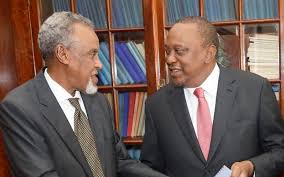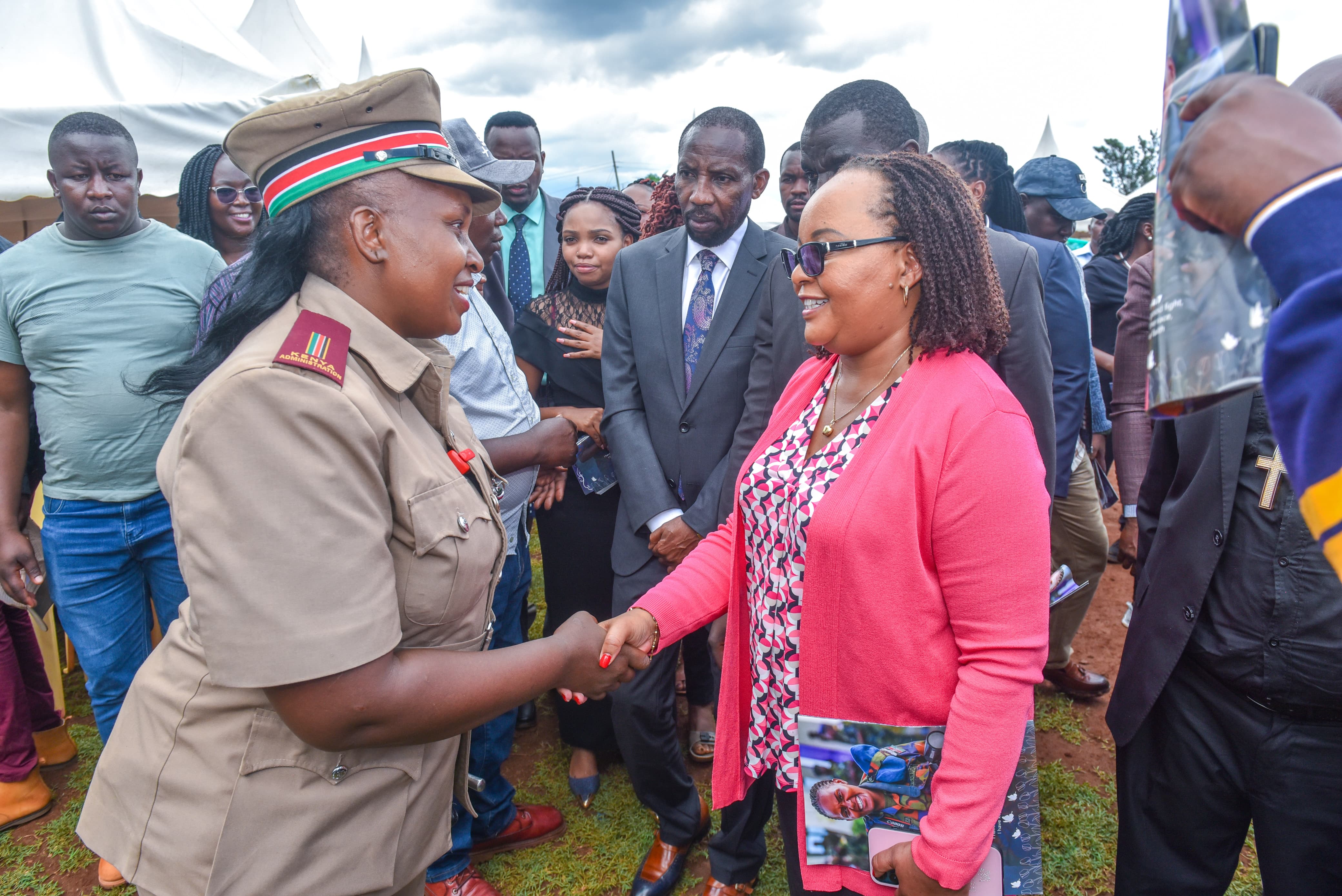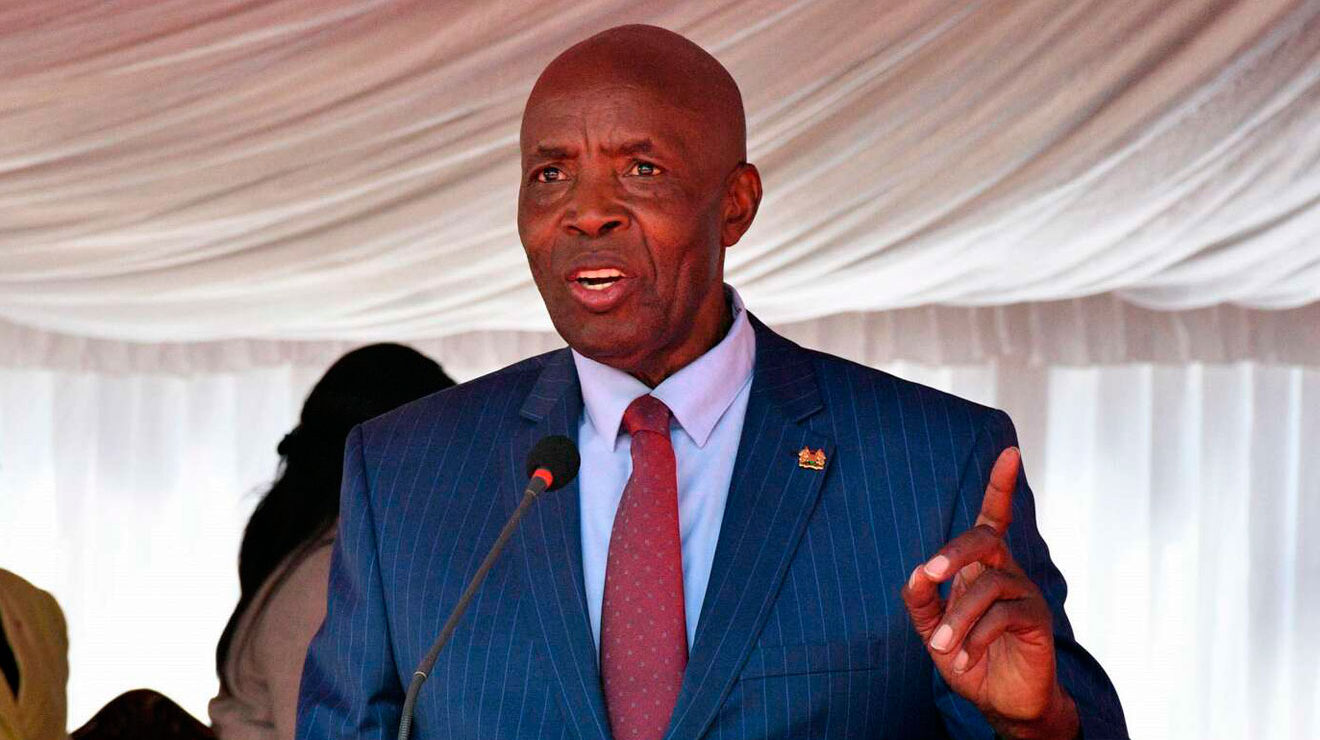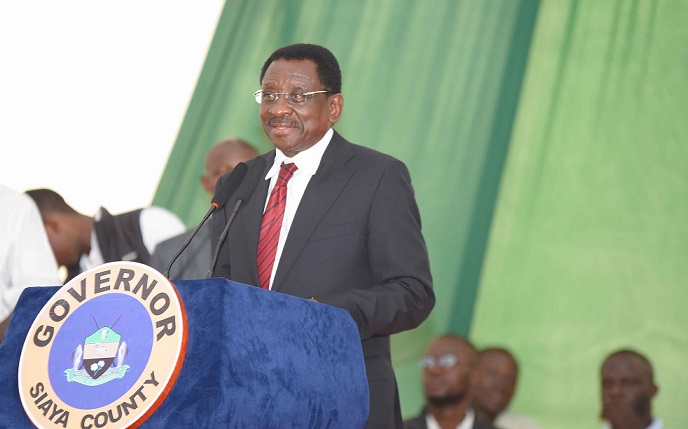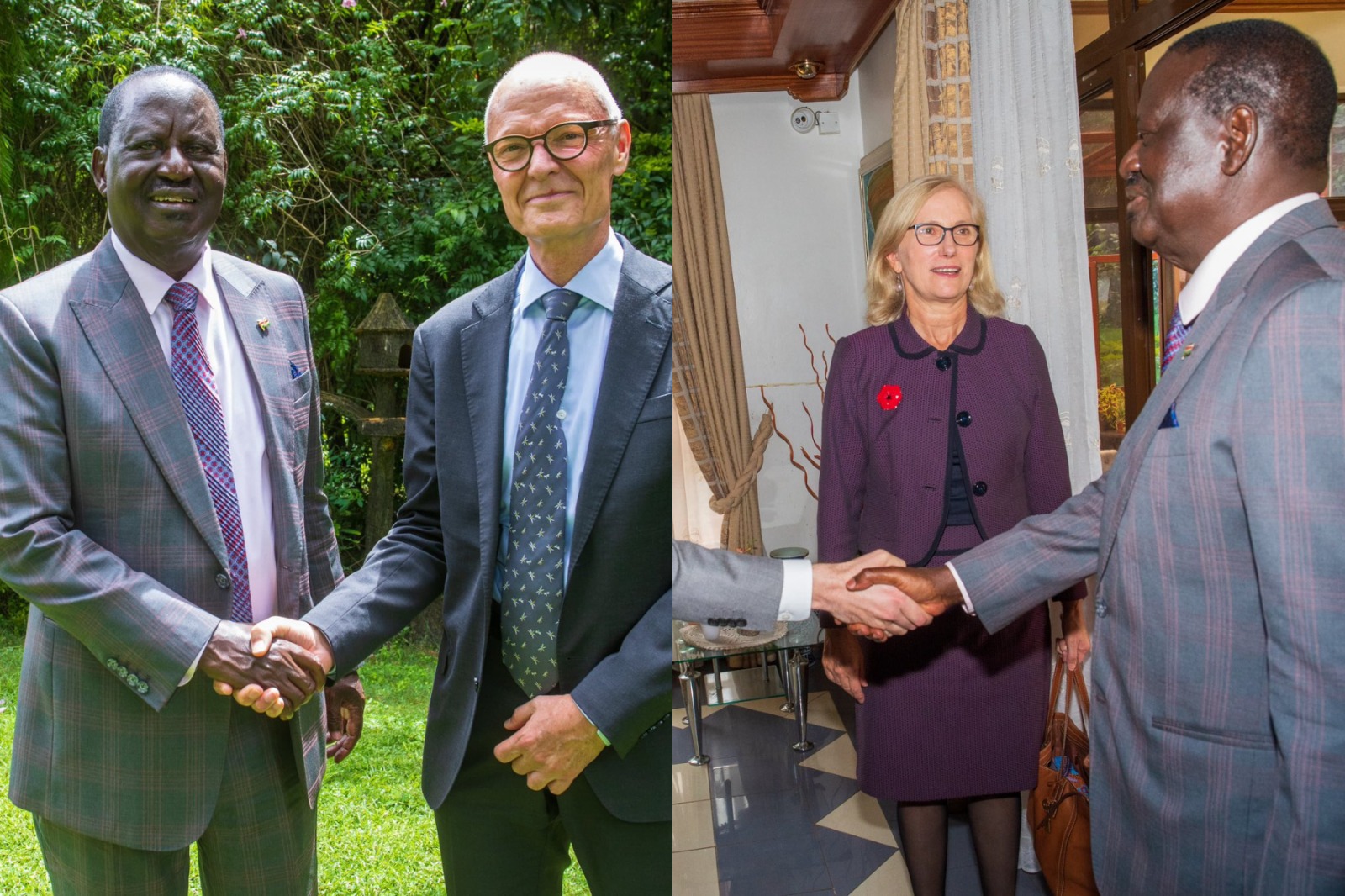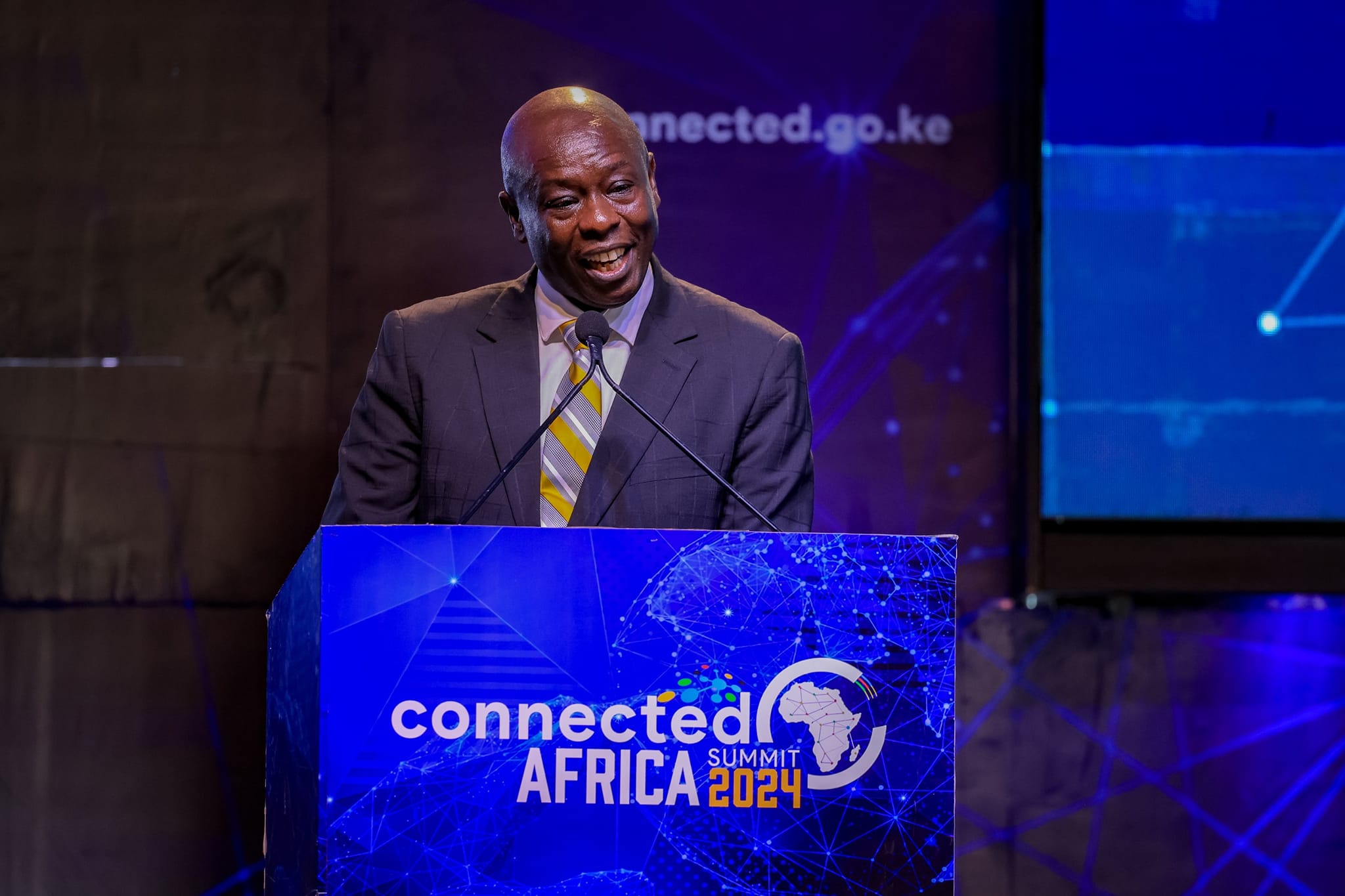President Uhuru Kenyatta and ODM leader Raila Odinga on Monday presided over the official launch of the Building Bridges Initiative report at the Bomas of Kenya with over 5,000 delegates in attendance.
The leaders, however, left many wondering what happens next after the event and a number of critics have argued that the event failed to formally unveil the report after being carried away by the high octane speeches.
There are two options that are likely to determine what happens next after the Monday event. A number of speakers including President Uhuru Kenyatta in their speeches created a window for consideration for further changes on the document.
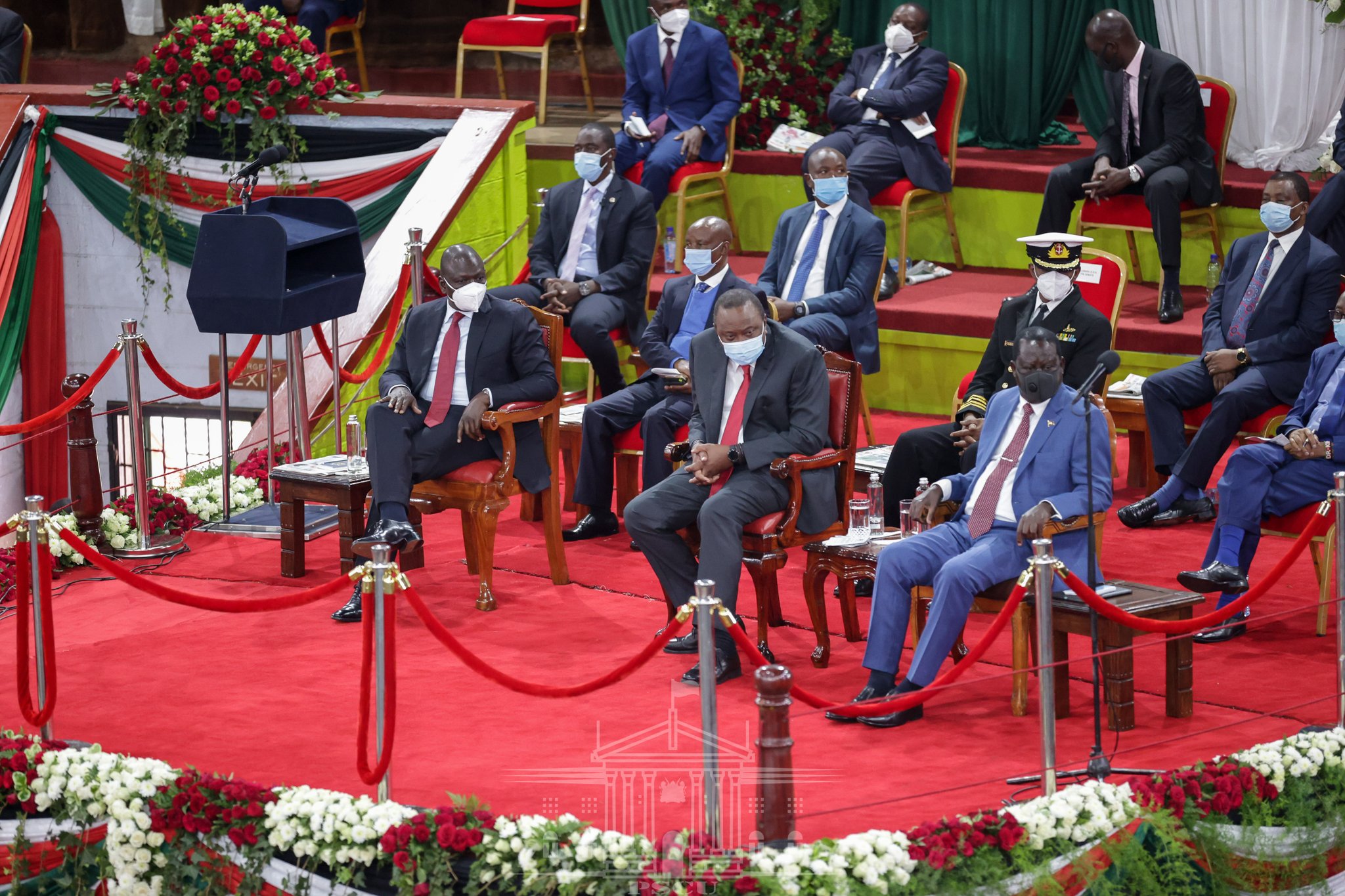
Should this be the case, the team at the centre of the initiative will turn their focus to listening to divergent views and possibly repackage the BBI Bill.
Read More
This means, once the changes are made, there will be yet again a presentation or a gathering similar to Monday's to allow further reflection on what may have been captured in the Bill.
The second option is for the team to proceed with the document as is. Leaders such as COTU boss Francis Atwoli and Wiper Leader Kalonzo Musyoka were of the view that the process proceeds with the Bill.
Ready for a referendum?
Atwoli said they were ready to kick-start campaigns to support the amendments through a referendum.
Note that the BBI report intends to amend at least 58 Articles of the 2010 Constitution. Out of all its proposals, only about 10 require a referendum.
They include Bill of Rights (Article 31); Functions of Parliament (Articles to 113 and 123), Independence of Judiciary (Article 172) and Devolution (Articles 177, 179, 180, 202, 203 and 207).
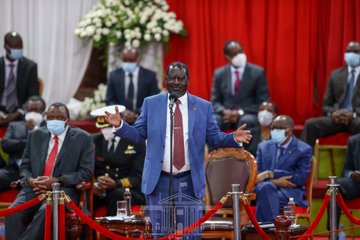
In this case, the proponents of the current proposals have two options. They will either go to parliament through Article 256 of the Constitution where they will need a two-thirds majority vote to pass the BBI Bill.
It may be extremely difficult for the leaders to consider the parliament route. ODM leader Raila Odinga has on many occasions said the process will have to go to the people.
The People's Moment
He hopes to have a referendum before the next general elections. His choice is anchored on Article 257 - amendment through the popular initiative.
In this case, Bill must be passed by at least 24 County Assemblies before it heads to Parliament.
This process will have to start with the proponents collecting one million signatures of the registered voters.
They will then take the signatures and the Bill to the IEBC for verification and once ratified by the commission which the bill seeks to send home, the counties will be allowed to decide.
